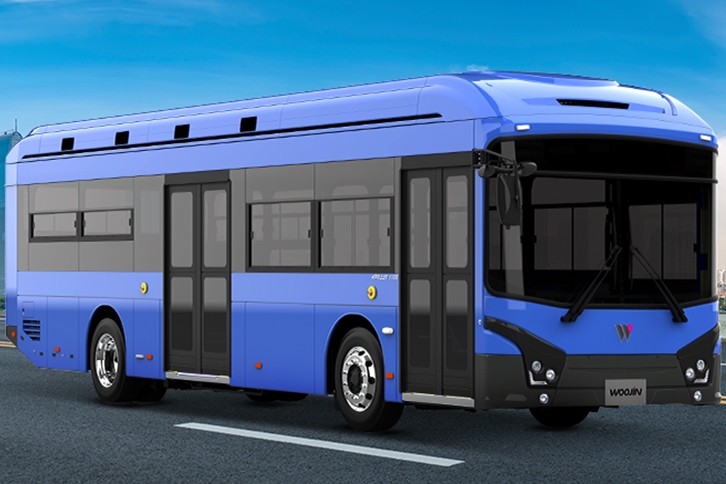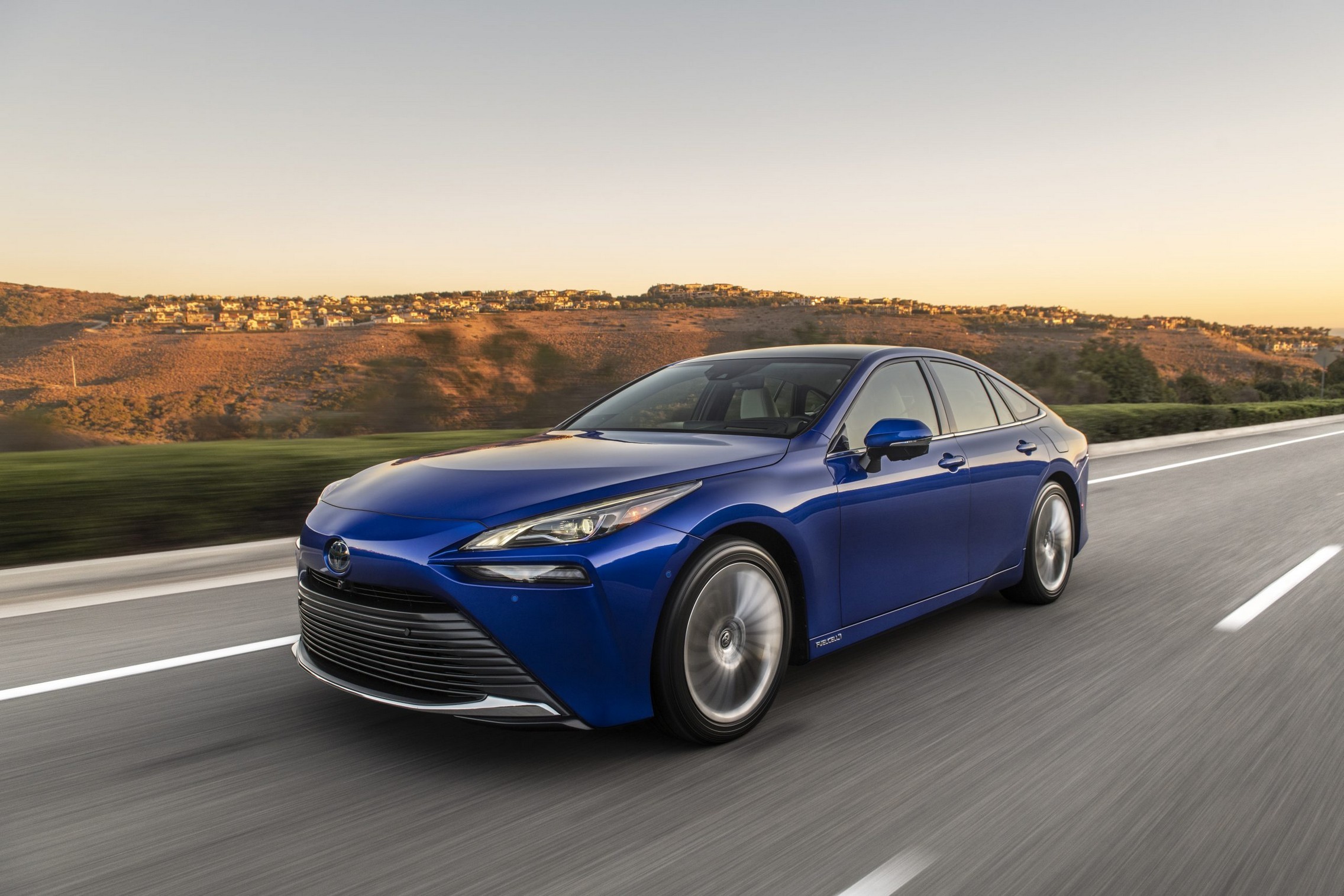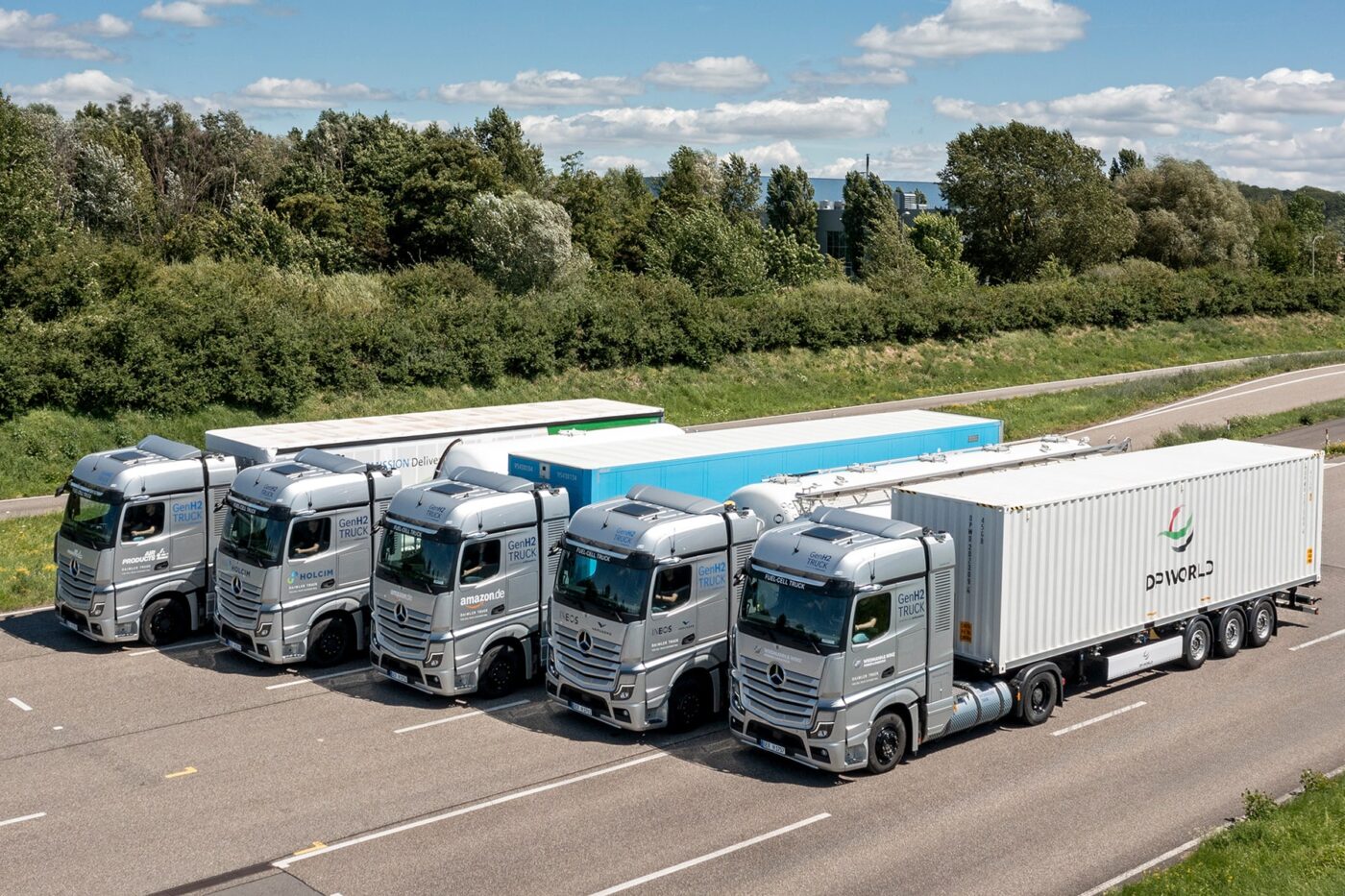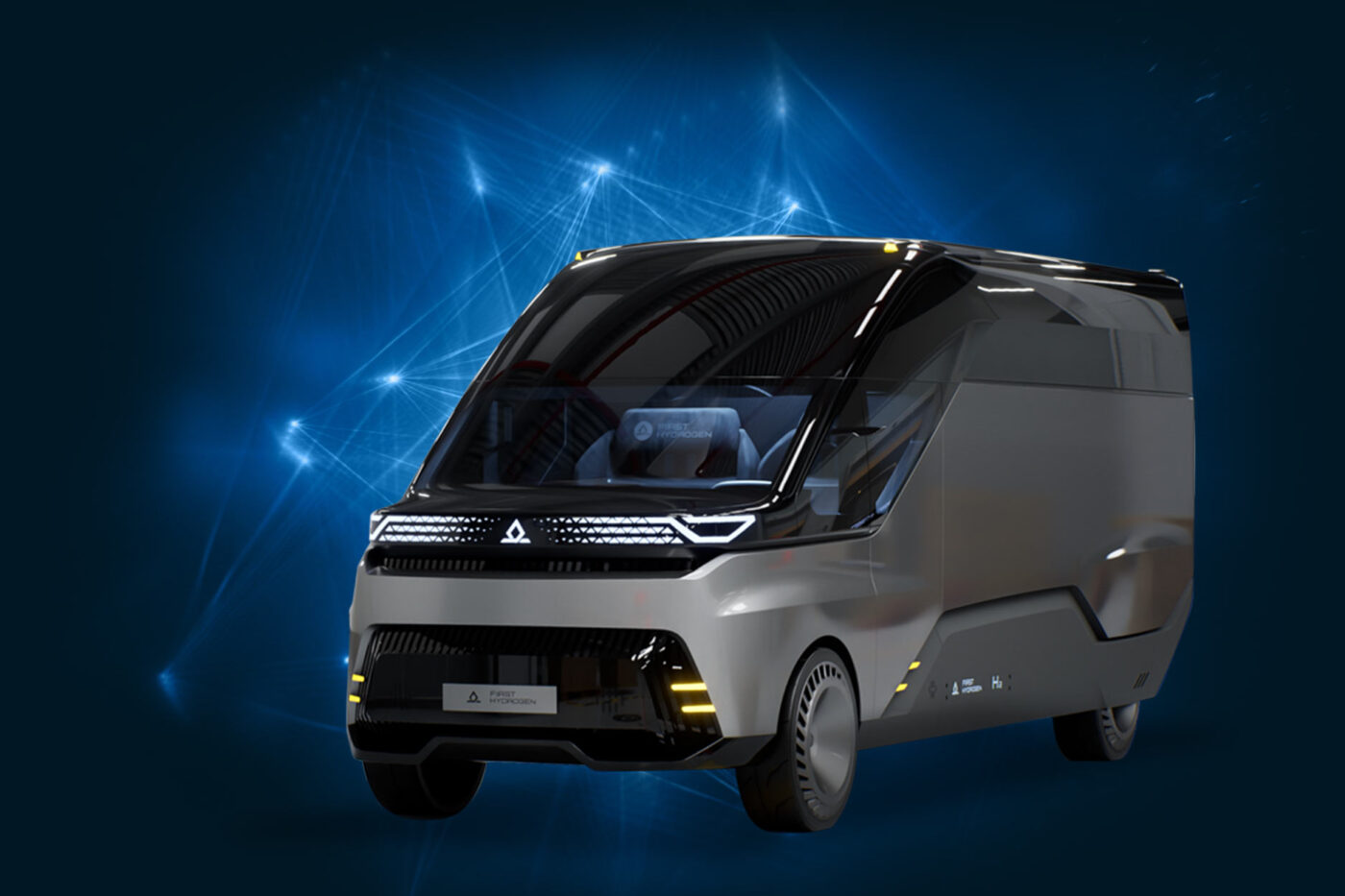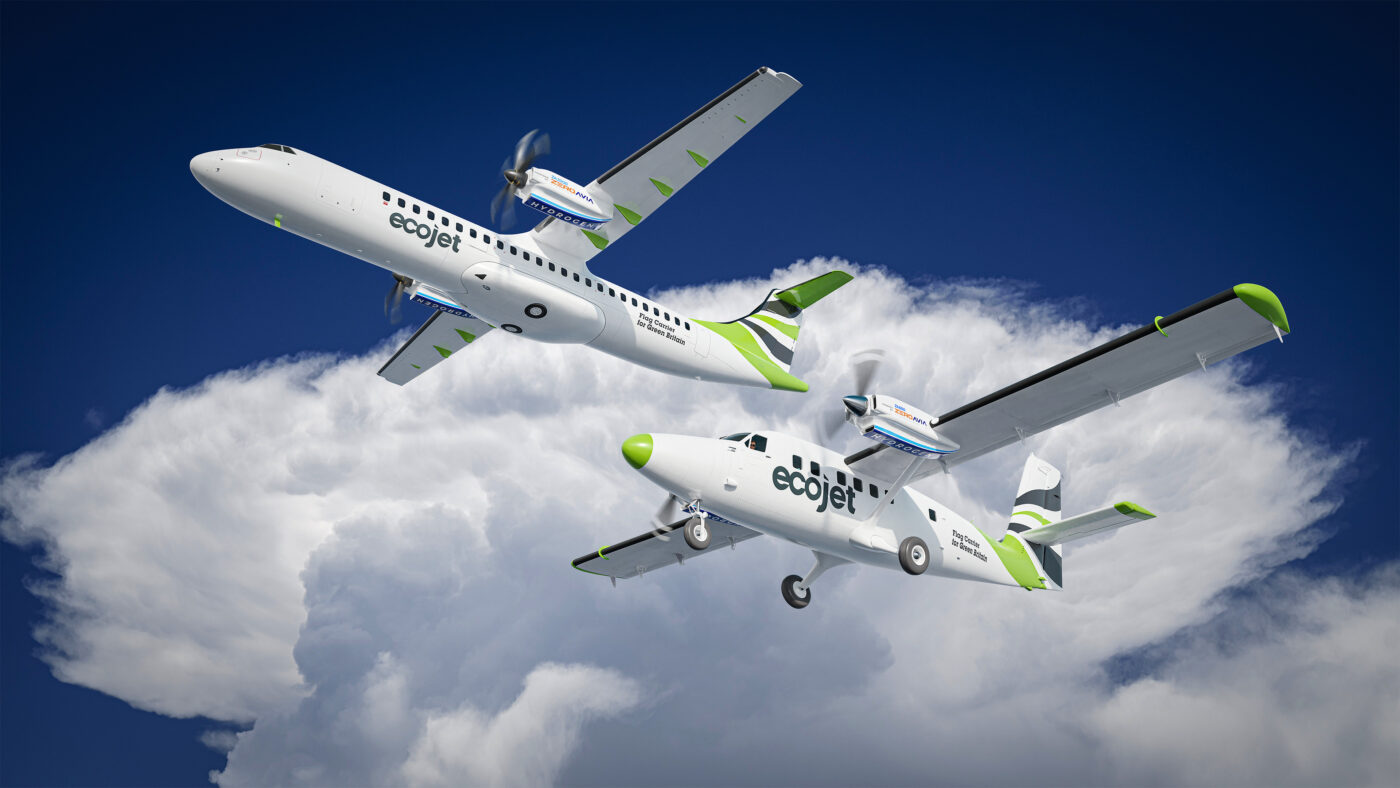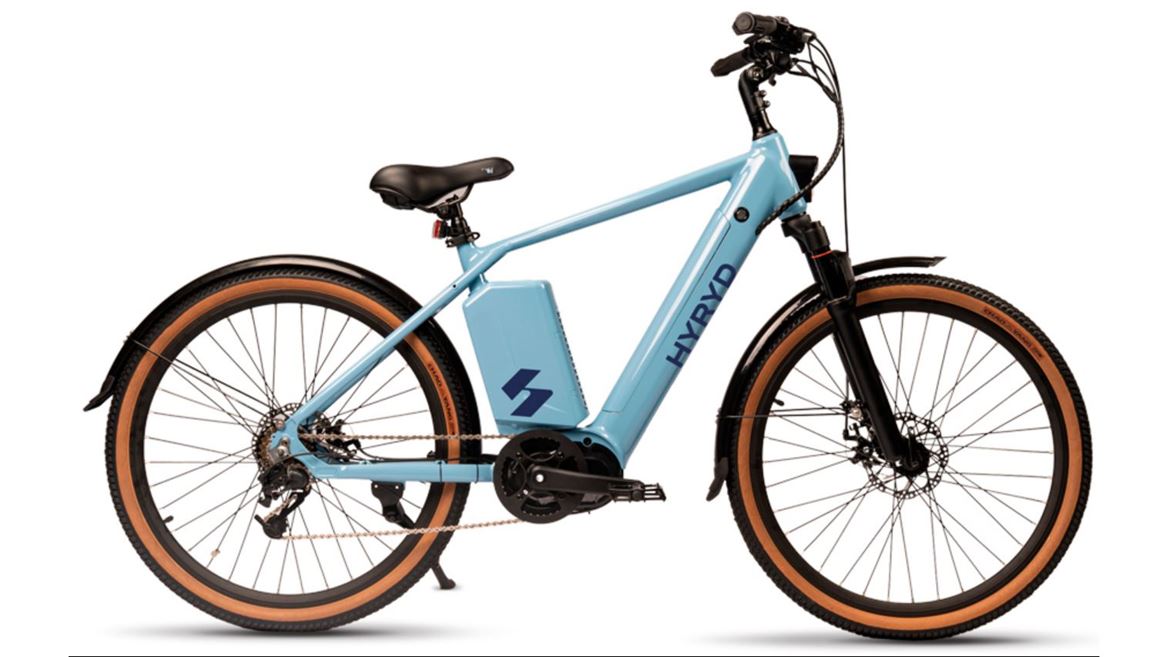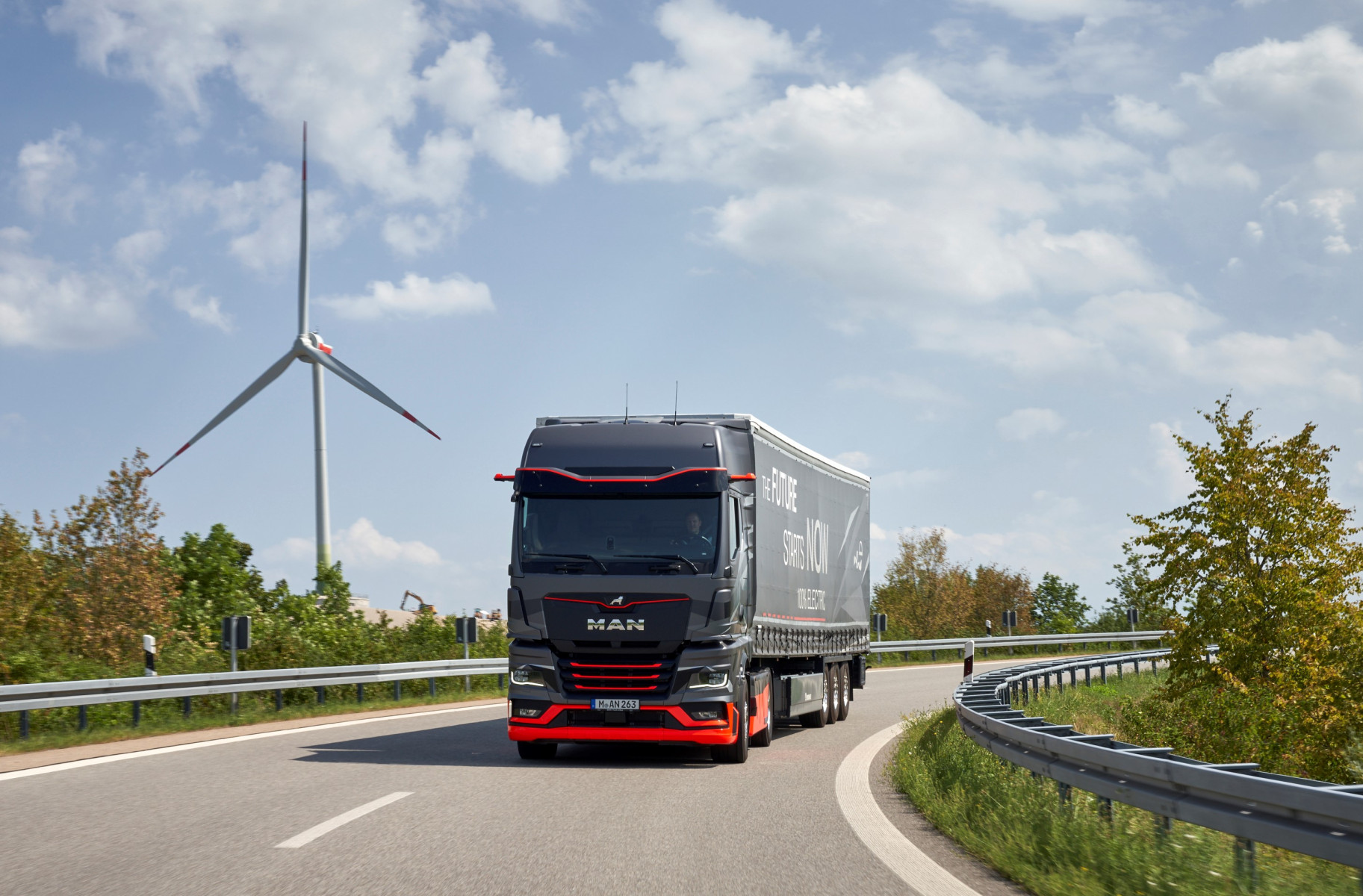South Korean enterprise Woojin Industrial Systems, known for its electric buses since 2015, is set to expand into the hydrogen bus sector. According to ET News, the company will unveil the 11-metre ‘Apollo 1100 H2’ as its inaugural hydrogen model.
Vice President Kim Kwang-seok disclosed that Woojin Industrial Systems is currently working on the certification process for the Apollo 1100 H2 and is developing additional hydrogen bus models. The Apollo 1100 H2 is an adapted version of the Apollo 1100 battery-electric bus, which boasts a range of 412 km. To ensure the hydrogen bus remains lightweight, Woojin will utilize aluminium in its construction and aims to produce components locally.
The company has established a dedicated hydrogen vehicle task force within its electric vehicle (EV) division and is constructing a hydrogen bus production line at its Gimcheon plant in North Gyeongsang Province. This facility is slated for completion by mid-August, with production scheduled to commence in October. Woojin plans to invest 40 billion won ($30 million) in the Gimcheon plant, targeting an annual output of 1,500 sustainable vehicles, including both battery-electric and hydrogen buses.
The initial production will focus on 40 units of the Apollo 1100 H2, which are intended for major transportation operators in Incheon, a city near Seoul. The company is also exploring the potential to scale up production to accommodate future demand.
Currently, Woojin Industrial Systems is testing the Apollo 1100 H2 in public. A prototype was recently spotted at a hydrogen refueling station, as noted by a transport enthusiast on Naver Cafe SBM.
South Korea, alongside Japan, continues to invest in hydrogen technology as part of its strategy for carbon neutrality in the transportation sector. The country aims to have 300,000 hydrogen vehicles on the road by 2030, with buses representing 20,000 of this target volume.

